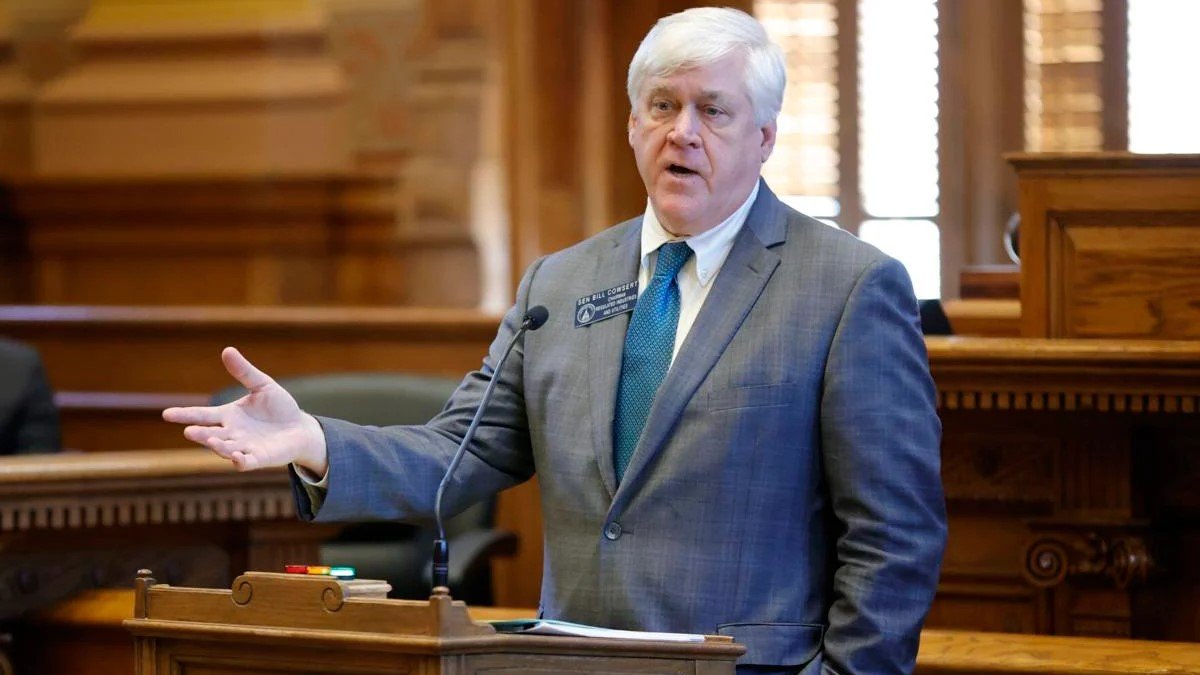Efforts to legalize sports betting in Georgia have hit a roadblock as lawmakers failed to reach a consensus on how to allocate tax revenues generated from the activity.
During the final day of the 2024 legislative session on Thursday, neither a proposed state constitutional amendment nor authorizing legislation for sports betting came to a vote in the House. The impasse stemmed from disagreements over the allocation of tax revenues collected from sports betting.
The proposed legislation faced opposition from both sides of the aisle. Democrats raised concerns over the allocation of tax revenue, advocating for changes in how the funds would be spent. Without Democratic support, the constitutional amendment could not secure the necessary two-thirds majority in the House and Senate.
House Minority Whip Sam Park, a Lawrenceville Democrat, expressed dissatisfaction with the proposed bills, citing deviations from bipartisan compromises reached in the Senate. The House committee’s decision to allocate taxes for HOPE college scholarships and pre-K classes drew criticism from some Democrats who sought broader spending allocations.
Supporters of the legislation argued that legalizing sports betting would bring existing illegal gambling activities into a regulated framework, thereby enhancing consumer protection and generating tax revenue for the state. Representative Marcus Wiedower, a Watkinsville Republican sponsoring the measure in the House, emphasized the need to transition gamblers from the illicit market to a legal one.
However, opponents cautioned against the societal implications of legalized sports betting, particularly its potential to exacerbate addiction, especially among younger individuals. Republican Representative Clay Pirkle of Ashburn expressed concerns that state sanctioning of sports betting could normalize the activity for a broader segment of the population.
Senator Bill Cowsert, the Athens Republican leading the legislative efforts, defended the proposed constitutional amendment, highlighting provisions aimed at addressing problem gambling. The amendment included provisions allocating funds for gambling addiction treatment, aiming to establish robust safeguards against gambling-related harm.
While 38 states across the nation have legalized sports betting to varying extents, tax rates and revenue allocation remain contentious points of debate in states grappling with the legalization of sports betting.
In Georgia, the proposed legislation would have imposed a 20% tax on proceeds from sports betting. Tax rates vary from 6.75% in Iowa to 51% in Rhode Island and New York.
